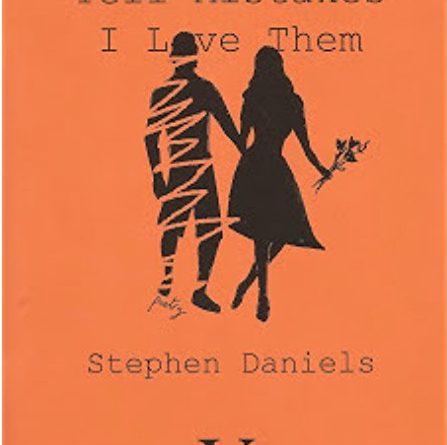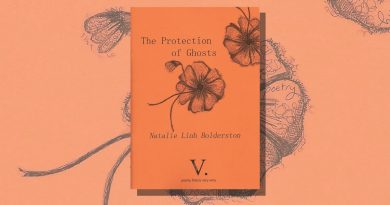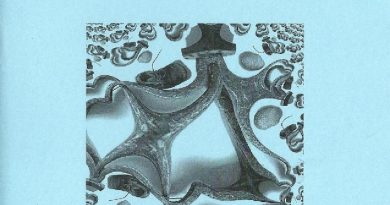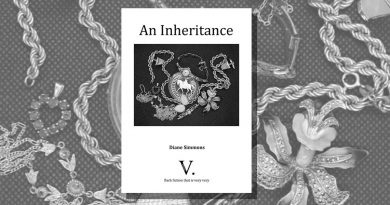Tell Mistakes I Love Them by Stephen Daniels
– Reviewed by Paul Goring –
Tell Mistakes I Love Them ranges from apocalyptic landscapes to domestic backdrops, and is heavily self-critical and confessional in equal measure. It is a challenging and fascinating pamphlet – to get the most from these pages, you really need to be brave and immerse yourself in Daniels’ world. He shares a journey with the reader from his youth to his potential end, with a raw frankness that is appealing and inclusive, but which also leaves me feeling awkward, almost a voyeur, in a world that perhaps I have no right to experience. This pamphlet encourages the reader to decide which are the real ‘mistakes’ from the writer, and which events are just part of growing up.
The poet produces some fantastic lines, which shine out for me:
‘was nine and had serrated breath’ (The first person I ever hated)
‘my family – twisted amphibians -snap at intimacy…’ (Surface Tensions)
‘The sofa apologised’ (Pyromaniac)
The themes of the pamphlet revolve around his family, and reflections on key events and relationships. Daniels seeks to explore, explain and understand his youth, his relationships with relatives, with women, and ultimately, with his mother, giving us significant insights into his guilty ‘mistakes’ in the pamphlet title. He values, and even (as he suggests) loves these mistakes, perhaps because they are what have made him who he is. His honesty in describing bullying his sister (Stinging nettles for a ginger sister), vandalism (Pyromaniac), and playground romance (The first person I ever hated) all illuminate a love/hate tension which is palpable and very real.
For me the most accomplished pieces are those that evoke loss, like ‘Separation’, and my favourite, ‘We should have cleaned up sooner’. Both have a grungy domestic quality, with dirt, odour and sharp edges that evoke the blood, sweat and tears of real life. Snagged cloth and splinters left in skin are all tangible damage, reflecting the emotional damage in each experience. Daniels shares his hurt in a very immediate way, that can only provoke a visceral and lasting response. We have all been hurt like this.
I cannot realistically hope to untangle the multiple references to the writer’s mother, nor totally understand their relationship. Although this subject is shared and repeated in several pieces, the hopelessness of ‘My mum is dead, my mum is dead’ feels like the most important line of the pamphlet, drawing a line under their relationship. Of course this does not end its influence on the writer and the following poems.
Ultimately this is a journey we can all take and perhaps need to take in our lives: taking the time and being brave enough to review what made us what we are, and how our actions and words could have led to a different version of us, is endlessly fascinating, and of course a bit scary. Daniels is at peace with his ‘mistakes’, accepting that they are what made him. By embracing them, in fact loving them, he seems to find a semblance of peace and – maybe – closure.





